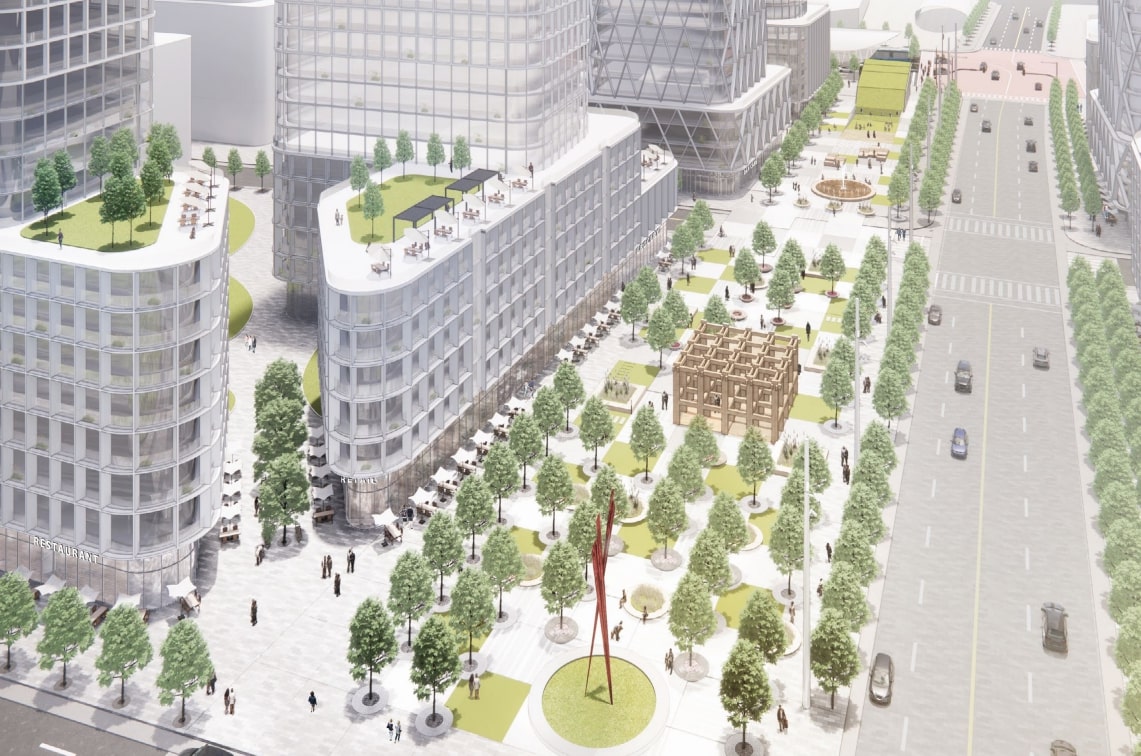yrt+viva=1system
Senior Member
Things are going to pick up speed now that there’s a carrot attached to Queen’s Park’s blessing.
https://www.cbc.ca/news/canada/toronto/ontario-municipalities-association-meeting-1.6942488
https://www.cbc.ca/news/canada/toronto/ontario-municipalities-association-meeting-1.6942488
In his speech, Ford held up the cities of Vaughan and Pickering in the Greater Toronto Area as examples. According to the premier, those cities are on track to exceed their housing targets by 150 per cent and 140 percent, respectively, which would entitle Pickering to more than $5 million in new funding and Vaughan to more than $17 million.
